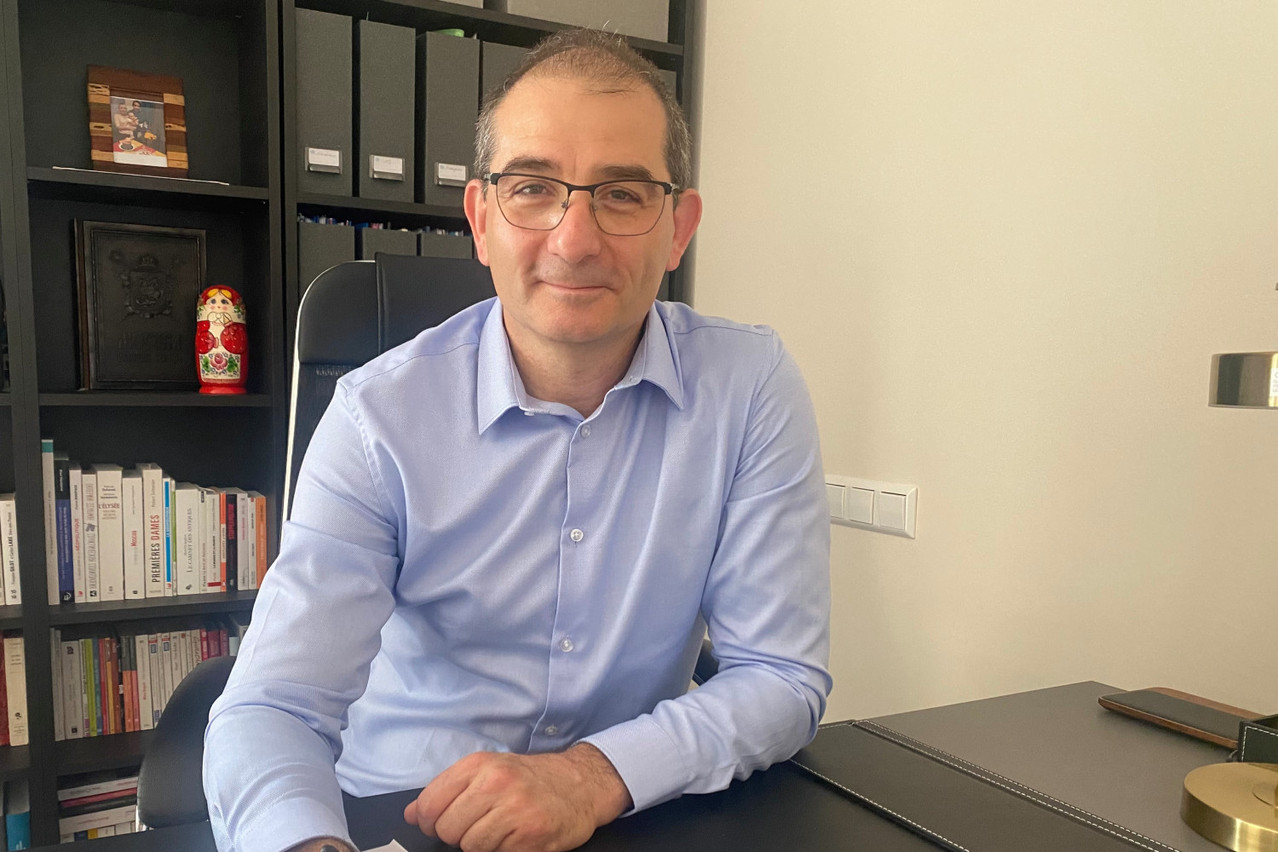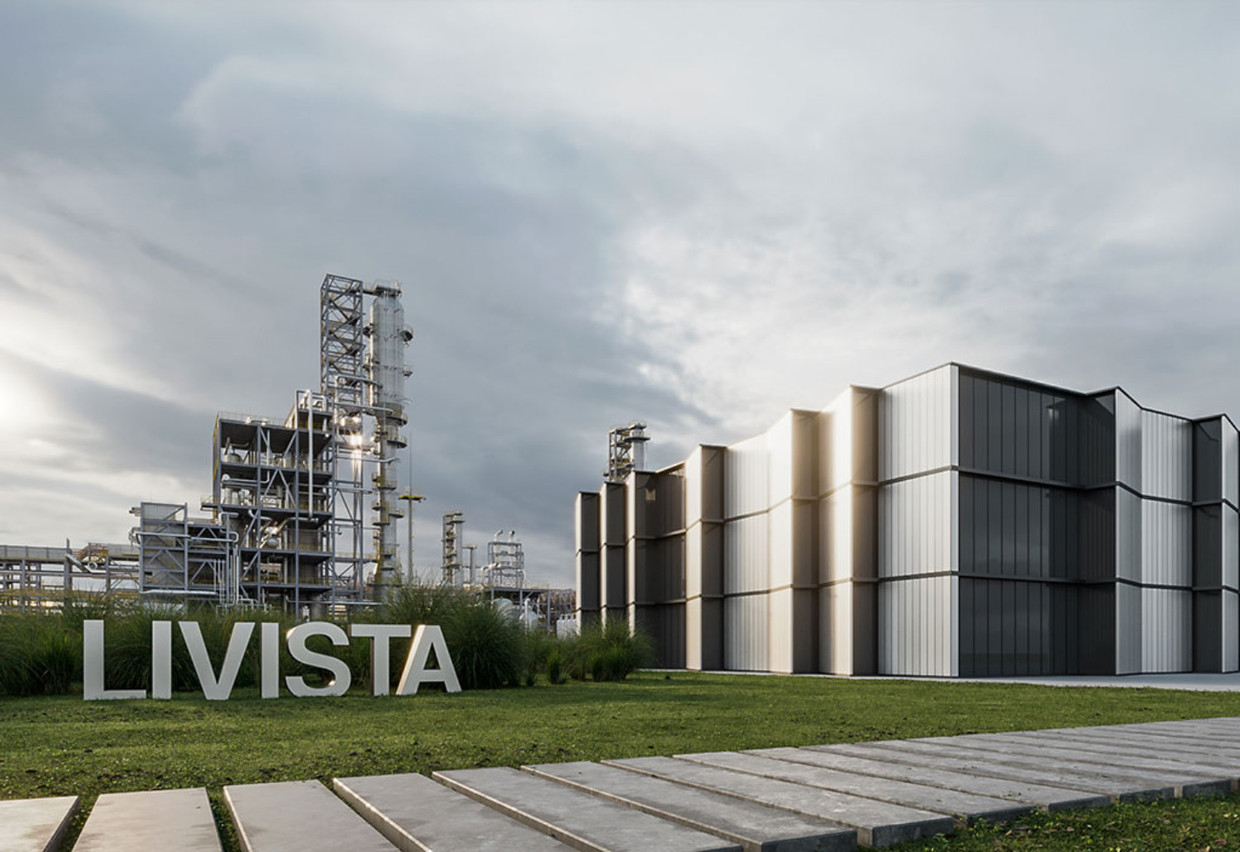The “mechanics” seem simple enough: if we want to encourage the adoption of electric vehicles, we need to manufacture electric batteries. If we want to make electric batteries, unless we agree to be increasingly dependent on Asia or the United States, we need to find lithium. If we want to find lithium, we have to find it in one of its forms in Australia, Africa or South America...
Or we could recycle the existing batteries from the first generation of electric vehicles and purify the lithium-- which is 70-90% pure in today’s batteries--to 99.7% via a refinery. There is no refinery in Europe, but there is a range of technologies, some of them almost half a century old, which, taken together, could make sense.
The coup would be twofold: firstly, it would give us a foothold in a very buoyant future market; and secondly, it would restore Europe’s independence, which has often failed to see the rare materials grab by Asia.
Four refineries to be built
Surrounded by top experts, this is the conclusion reached by a Luxembourg family office, joined by other family offices, when it came to creating Livista Energy, for the Luxembourg holding company, and Livista Energy Europe, for its Luxembourg subsidiary. Its stated ambition is to open four refineries in Europe, two in Germany, one in the UK and perhaps one in France.
Livista Energy Europe is entering a crucial new phase. The new Luxembourg company has chosen Technip Energies to carry out the engineering studies and detailed feasibility study for its first lithium refinery in Germany. Time is of the essence. The plant, set up on 25 hectares of land that has already been secured, could be among the first investments to receive 15% support from the federal government in September under its “Temporary Crisis and Transition Framework” (TCTF), which is currently in advanced negotiations with the European Commission and, to a lesser extent, the European Union.
The promoters of this project have already visited around twenty sites in Europe. In addition to the site in Germany, which could also be the site of the group's second plant, Livista has signed financial commitments of roughly the same level in the UK and is due to visit the south of France soon for its fourth refinery. All four units are expected to be at 100% capacity by 2030, with the German refineries due to start producing in 2026.
Partners in discussions
To build and commission these first two facilities, the company will need to inject around a billion euros. This is where the future of the project lies behind the scenes, and explains the absolute discretion of its promoters: assuming that the banks provide 50% to 55% of the sum, and that state and European subsidies provide a further 15% to 20%, the family office will have to find the missing third. Obviously, any agreement with a leading industrial partner--probably a major player in the automotive sector--would also reassure other financiers interested in the venture, while the partner would secure access to a raw material that is as rare as it is key.

After ten years with Total and leaving a $23bn Russian project last May, Jean-Marc Ichbia has relaunched his career as the operations director at Livista. He is keen to contribute his enormous expertise. Photo: Livista
Contacted by Delano’s sister publication Paperjam, Jean-Marc Ichbia, Livista Energy Europe’s chief operating officer since May 2022, acknowledges the progress of the project. According to his calculations, the construction of the first refinery would create 2,000 to 2,500 jobs during the construction of the site, another 150 to 250 to operate the refinery, 300 to 400 contractors and around a thousand spinoff jobs.
According to the man who was previously director of the Artic LNG2 project for Russia’s Novatek--a $22bn project--and who also spent ten years at Total, Livista Energy Europe should finalise the project shortly, after meeting the prime minister ’s (DP) economic adviser Frank Genot, and , director general for research, intellectual property and new technologies, responsible for the development of technology-based sectors at the ministry of the economy, the arrival in Luxembourg of a centre of excellence for lithium. The investment of €25m to €30m over five years will enable the company to have its laboratory integrated into List (Luxembourg Institute of Science and Technology), and even a chair in rare metals at the University of Luxembourg and another leading European university.
Livista Energy does not yet have refined lithium or the batteries of the future, but it does have energy to sell. And that’s what it’s going to take to bring this ambition to fruition.
This story was first published in French on . It has been translated and edited for Delano.
